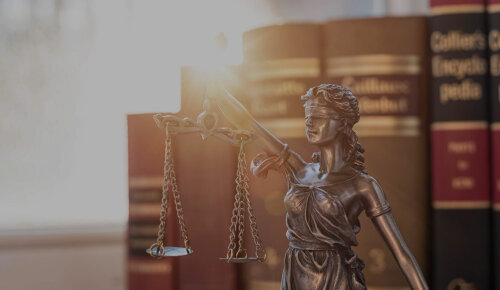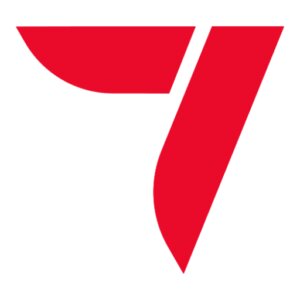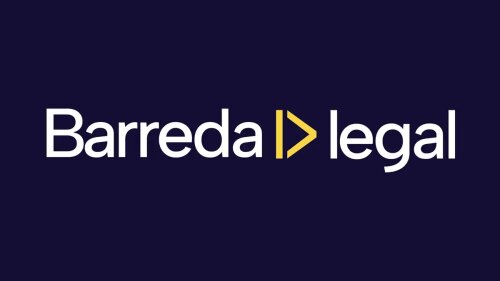Best Patent Lawyers in Chile
Share your needs with us, get contacted by law firms.
Free. Takes 2 min.
Or refine your search by selecting a city:
List of the best lawyers in Chile
About Patent Law in Chile:
Patent law in Chile is governed by the Industrial Property Law (Law No. 19.039) and the Paris Convention for the Protection of Industrial Property. A patent grants the inventor exclusive rights to their invention, preventing others from making, using, selling, or importing the patented product without permission. Patents are granted by the National Institute of Industrial Property (INAPI) in Chile.
Why You May Need a Lawyer:
1. Applying for a patent can be a complex process that requires technical knowledge and legal expertise. 2. Defending your patent against infringement or dealing with disputes may require legal assistance. 3. Infringement issues or challenges in obtaining a patent require legal guidance.
Local Laws Overview:
The key aspects of local laws in Chile relevant to patents include:
- Patents are granted for a non-renewable term of 20 years from the filing date. - Chile follows the first-to-file system, meaning the first person to file a patent application is granted the patent. - Patent applications in Chile must be filed in Spanish and include detailed descriptions of the invention.
Frequently Asked Questions:
1. How long does a patent last in Chile?
A patent in Chile is valid for 20 years from the filing date.
2. Can I file a patent application in English or another language?
No, patent applications in Chile must be filed in Spanish.
3. What is the first-to-file system in Chile?
The first-to-file system in Chile means that the first person to file a patent application is granted the patent, regardless of who invented it first.
4. Can I file a patent application myself without a lawyer?
While it is possible to file a patent application without a lawyer, it is recommended to seek legal advice to ensure the process is carried out correctly.
5. How can I protect my invention internationally from Chile?
You can apply for an international patent through the Patent Cooperation Treaty (PCT) or file individual patent applications in countries where you seek protection.
6. What are the requirements for patentability in Chile?
To be granted a patent in Chile, an invention must be new, involve an inventive step, and be capable of industrial application.
7. How can I defend my patent against infringement in Chile?
If you suspect someone is infringing on your patent in Chile, you can seek legal assistance to enforce your rights and take legal action against the infringing party.
8. Can I extend the term of my patent in Chile?
No, the term of a patent in Chile is non-renewable and lasts for 20 years from the filing date.
9. What are the costs involved in obtaining a patent in Chile?
The costs of obtaining a patent in Chile vary depending on the complexity of the invention and the services of a patent attorney.
10. How long does it take to obtain a patent in Chile?
The time taken to obtain a patent in Chile can vary, but it typically takes several years from the filing date to receive a granted patent.
Additional Resources:
- National Institute of Industrial Property (INAPI): www.inapi.cl - Chilean Association of Intellectual Property (ACHIPI): www.achipi.cl
Next Steps:
If you require legal assistance in patent matters in Chile, it is advisable to consult with a qualified patent attorney who can guide you through the process and help protect your intellectual property rights.
Lawzana helps you find the best lawyers and law firms in Chile through a curated and pre-screened list of qualified legal professionals. Our platform offers rankings and detailed profiles of attorneys and law firms, allowing you to compare based on practice areas, including Patent, experience, and client feedback.
Each profile includes a description of the firm's areas of practice, client reviews, team members and partners, year of establishment, spoken languages, office locations, contact information, social media presence, and any published articles or resources. Most firms on our platform speak English and are experienced in both local and international legal matters.
Get a quote from top-rated law firms in Chile — quickly, securely, and without unnecessary hassle.
Disclaimer:
The information provided on this page is for general informational purposes only and does not constitute legal advice. While we strive to ensure the accuracy and relevance of the content, legal information may change over time, and interpretations of the law can vary. You should always consult with a qualified legal professional for advice specific to your situation.
We disclaim all liability for actions taken or not taken based on the content of this page. If you believe any information is incorrect or outdated, please contact us, and we will review and update it where appropriate.
Browse patent law firms by city in Chile
Refine your search by selecting a city.















